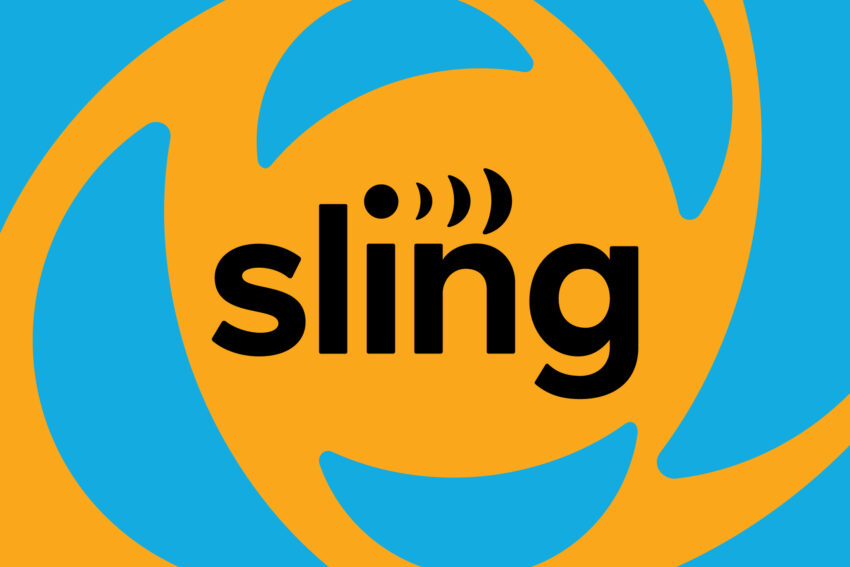
disney loses bid to block sling tv A federal judge in New York has denied Disney’s request to block Sling TV’s innovative one-day cable passes, a decision that could reshape the landscape of live streaming services.
disney loses bid to block sling tv
Background of the Case
The legal battle between Disney and Sling TV began shortly after Sling TV introduced its short-term passes, allowing viewers to access live content for as little as one day. This service was launched as a response to the growing demand for flexible viewing options in an era where traditional cable subscriptions are increasingly viewed as outdated. With a starting price of $4.99 for a one-day pass, Sling TV aimed to attract consumers who prefer not to commit to long-term contracts.
Among the channels included in Sling TV’s offerings are several owned by Disney, such as ESPN, ESPN2, ESPN3, and the Disney Channel. Disney’s lawsuit was predicated on the assertion that Sling TV’s one-day passes violated an existing agreement that mandated subscribers access its content through monthly subscriptions only. This legal action highlights the ongoing tension between traditional media companies and streaming services that prioritize consumer flexibility.
The Court’s Ruling
On Tuesday, U.S. District Judge Arun Subramanian ruled against Disney, stating that the entertainment giant failed to demonstrate that Sling TV’s passes caused “irreparable harm.” The judge’s decision is significant, as it underscores the evolving nature of content distribution and consumer preferences in the digital age.
Key Points of the Ruling
In his ruling, Judge Subramanian pointed out several critical factors that contributed to his decision:
- Lack of Evidence for Harm: The judge noted that Disney did not provide sufficient evidence to prove that the one-day passes would harm its reputation or siphon customers away from its own services, such as the ESPN Unlimited live sports streaming platform.
- Contractual Interpretation: The ruling emphasized that the contract between Disney and Sling TV did not specify a “minimum subscription length.” This interpretation allowed for the possibility that Sling TV’s one-day passes could still be considered compliant with the existing agreement.
- Broad Definition of Subscribers: Judge Subramanian highlighted that the agreement’s “broad definition” of a subscriber includes users of the one-day passes, thereby legitimizing Sling TV’s offering.
“Disney hasn’t shown it has lost customers due to the Passes,” Judge Subramanian wrote, reinforcing the idea that the networks are being distributed on the same platform and in the same manner as before, albeit to a broader audience of Sling customers.
Implications for the Streaming Industry
This ruling has far-reaching implications for the streaming industry, particularly as it pertains to how content is distributed and consumed. The decision may encourage other streaming services to explore similar short-term offerings, thereby increasing competition in the market.
Consumer Benefits
From a consumer perspective, the availability of one-day passes offers a more flexible and affordable option for accessing content. This model caters to viewers who may not want to commit to a full month of service, especially for events like sports games or special programming that may only be of interest for a limited time. The ability to pay for just one day of access could attract a demographic that has been hesitant to subscribe to traditional cable or even long-term streaming services.
Industry Reactions
The ruling has elicited various reactions from stakeholders in the media and entertainment sectors. Seth Van Sickel, Sling TV’s senior vice president, expressed his enthusiasm for the court’s decision, stating, “For too long, traditional ‘big media’ companies have intentionally stifled innovation and forced customers to pay for more content than they want or need.” He emphasized the importance of consumer choice and affordability in the evolving landscape of television.
Van Sickel’s comments reflect a broader sentiment among many streaming services that prioritize consumer flexibility over traditional business models. As more viewers seek alternatives to conventional cable, the demand for innovative solutions like Sling TV’s one-day passes is likely to grow.
Disney’s Position and Future Actions
Despite the setback, Disney remains committed to its legal strategy. The company plans to continue its breach-of-contract lawsuit against Sling TV, which indicates that this legal battle is far from over. Disney’s actions suggest that it is keen on protecting its content distribution agreements, particularly as the streaming landscape continues to evolve.
Potential Consequences for Disney
Disney’s ongoing legal challenges may have several consequences:
- Reputation Management: The company must carefully navigate its public image as it seeks to balance its traditional media interests with the growing demand for flexible streaming options.
- Market Position: As competitors like Sling TV innovate, Disney may need to reconsider its own offerings to remain competitive in the streaming market.
- Consumer Trust: Legal actions against a competitor that promotes consumer choice could lead to negative perceptions among viewers, especially those who value flexibility in their viewing habits.
The Future of Streaming Services
The ruling in favor of Sling TV may set a precedent for how streaming services operate moving forward. As the industry continues to shift towards more consumer-friendly models, companies may find themselves compelled to adapt or risk losing market share.
Emerging Trends
Several trends are likely to emerge in the wake of this ruling:
- Short-Term Access Models: More streaming services may consider implementing short-term access models to attract viewers who prefer flexibility.
- Bundled Offerings: Companies may explore bundled offerings that combine short-term passes with traditional subscription models, providing consumers with a range of options.
- Increased Competition: As more players enter the market with innovative offerings, traditional media companies may need to rethink their strategies to remain relevant.
Conclusion
The recent ruling against Disney marks a pivotal moment in the ongoing evolution of the streaming industry. As consumer preferences shift towards flexibility and affordability, traditional media companies may need to adapt to survive in an increasingly competitive landscape. The outcome of Disney’s ongoing legal battle with Sling TV will likely have lasting implications for both companies and the broader industry.
Source: Original report
Was this helpful?
Last Modified: November 19, 2025 at 9:40 pm
2 views















